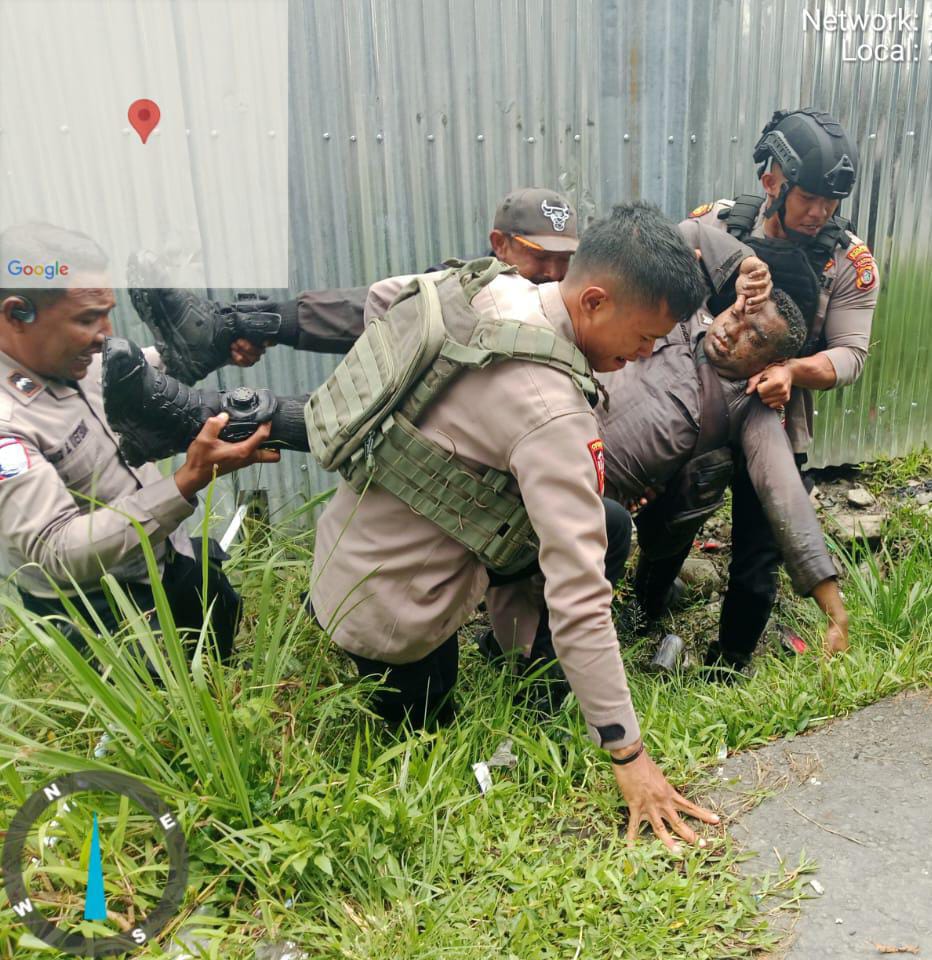Amnesty International : Human Rights Situation Worsens in the First 100 Days of Indonesian Prabowo-Gibran Administration
On his first day in office, Coordinating Minister for Law, Human Rights, Immigration, and Corrections, Yusril Ihza Mahendra, made controversial remarks denying past serious human rights violations in Indonesia, including the events of 1998.
Although he later retracted his statement, Yusril’s focus on “looking forward, not back” was criticized for lacking an understanding of historical justice.
Usman argued that this stance undermines accountability and justice, further eroding trust in the government’s commitment to human rights.
Numerous cases during this period serve as a warning sign for the administration. Without addressing these issues, the government risks continued regression.
Past atrocities such as the 1965 tragedy, the Trisakti shootings, and the murder of activist Munir remain unresolved, perpetuating a culture of impunity.
Usman called on the government to show genuine commitment to resolving past human rights violations and delivering justice to victims.
Extrajudicial Killings and Violence
Extrajudicial killings by security forces have been among the most glaring violations during this period.
Amnesty International Indonesia documented 17 such incidents between October and December 2024, resulting in the deaths of 17 civilians.
One case involved TNI personnel attacking residents in Deli Serdang, North Sumatra, killing one and injuring others.
In Semarang, Central Java, a police officer fatally shot a student, falsely claiming he was a gang member.
Similar incidents continued into 2025, including the killing of a car rental businessman by TNI personnel on the Tangerang-Merak toll road.
Usman criticized the government for failing to break the cycle of violence and impunity within the police and military.



























Tinggalkan Balasan